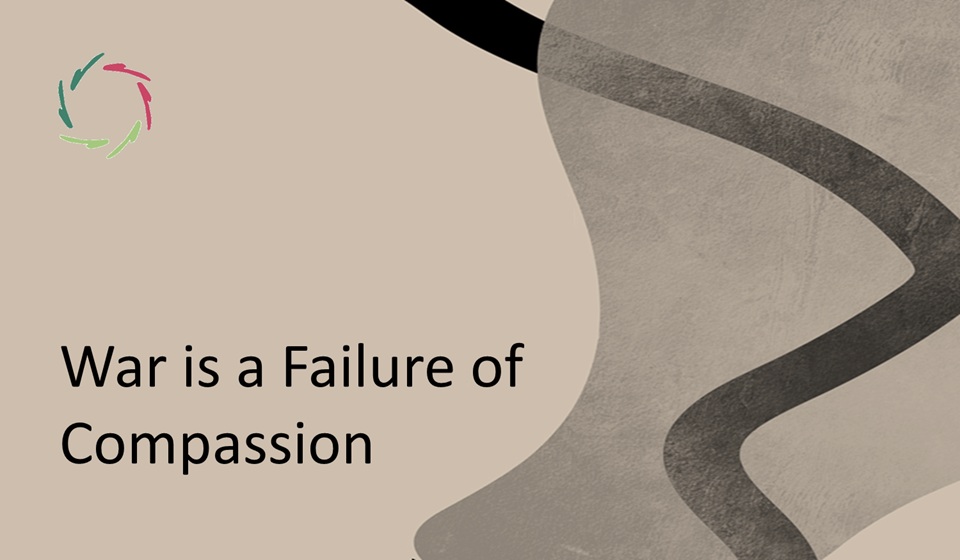The Self-Defense Paradox

A common cause of war is the perceived need to defend one’s people from an aggressor who shares the same mindset. This mutual perception often creates a vicious cycle of escalation and retaliation.
A pre-war situation can thus escalate into prolonged conflict. Ironically, self-defense can lead to the very outcomes it aims to prevent.
Irrationality
Anxiety rarely offers rational guidance. Instead, it often distorts perception and decision-making, leading to actions driven by fear rather than reason.
Moreover, war mongering may bring a good feeling to the own people or home front who ‘feel protected’ rather as a primitive response. This doesn’t befit an era of weapons of mass destruction. Sadly, anxiety and other negative emotions often overshadow rationality, whether in social media or in real-time conflict.
Politicians may exploit this to gain popularity or use it as a tactic to unify their populace — an indication of poor leadership. Open Leadership rarely resorts to such destructive tactics. Instead, it seeks to foster cooperation and understanding, avoiding the pitfalls of fear-based decision-making.
Escalating nature.
When self-defense results in misery for the enemy, it breeds hatred and a desire for revenge. An overkill response can then provoke a similar reaction from the other side.
These intense emotions can perpetuate violence across generations. Societies have long memories.
Viewed this way, one indirectly harms one’s own people.
Namely, if you are aware that your actions will provoke such outcomes and still proceed, then logically, you are also responsible for these. This highlights the profound ethical responsibility leaders bear in their decisions regarding conflict and defense.
Perspective matters, but this logic remains inescapable. Acts of war carry immense responsibility, including towards the next generation.
Even without direct conflict
Building up self-defense capabilities can provoke potential adversaries and make them feel threatened. This can lead to a mutual buildup of defenses, increasing the risk that military tools will eventually be used.
While this may benefit specific industries, it is detrimental to people. The human cost of such arms races often outweighs any economic gains.
In terms of peacekeeping, it’s counterproductive as mistrust hinders cooperation and active listening.
With or without conflict, many opportunities may be missed this way.
This is no plea for pacifism.
Of course, self-defense is necessary against genuine threats. Additionally, appearing weak may also create the enemy.
The world is not a simple place ― and even so, simple is not the same as simplistic. Navigating complexity requires nuanced strategies and a commitment to long-term solutions.
That said, self-defense becomes necessary primarily due to a failure of diplomacy and cooperation.
By all means, we must continuously strive to eliminate the phenomenon of ‘war.’


